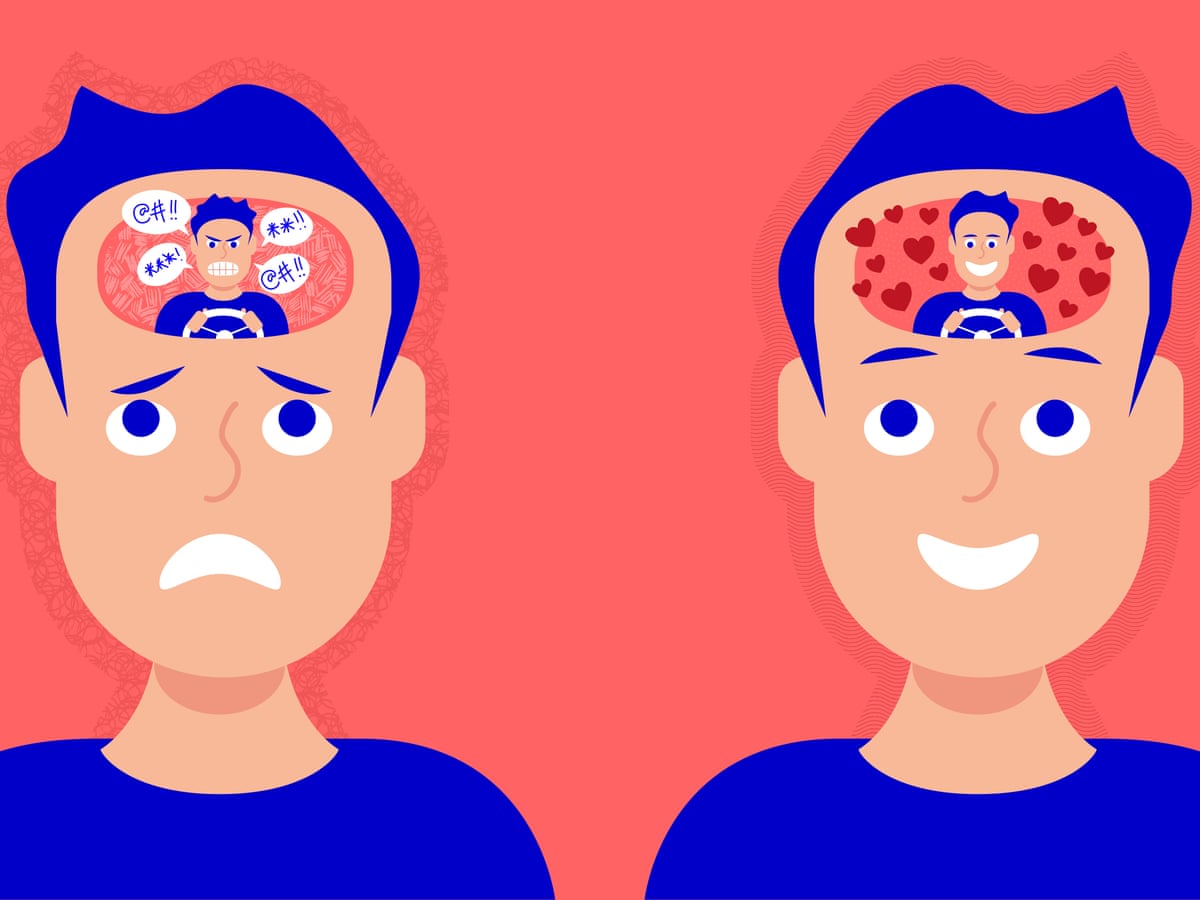Ja esi nolēmis izmēģināt fenikss kazino, tu esi pareizajā vietā! Šajā rakstā es dalīšos ar pieredzi, kā viegli un ātri reģistrēties fenikss casino, kā arī veikt savu pirmo iemaksu. Iepazīsimies ar visām niansēm, lai tu varētu droši sākt savu ceļojumu spēļu pasaulē.
Kā reģistrēties Fenikss Casino: soli pa solim
Reģistrācija fenikss casino ir patiešām vienkārša. Pirmais solis ir apmeklēt viņu oficiālo mājaslapu, kur atradīsi skaidri redzamu “Reģistrēties” pogu. Kad noklikšķināsi uz tās, parādīsies reģistrācijas forma, kurā tev būs jānorāda dažas pamata informācijas, piemēram, vārds, uzvārds, e-pasts un telefona numurs. Uzmanies, lai ievadītu precīzu informāciju, jo tas ir būtiski, lai vēlāk varētu apstiprināt savu identitāti.
Otrajā solī tev būs jāizvēlas parole. Ieteicams izvēlēties spēcīgu paroli, kas satur lielos un mazos burtus, ciparus un simbolus. Šī parole būs tava piekļuve visām spēlēm un konta informācijai. Kad esi pabeidzis šo soli, vienkārši noklikšķini uz “Reģistrēties” un gaidi, kamēr saņemsi apstiprinājuma e-pastu.
Neaizmirsti arī pārbaudīt savu e-pasta iesūtnes mapes, lai apstiprinātu savu kontu. Kad tas ir izdarīts, tu vari droši ieiet savā kontā un sākt izpētīt fenikss online piedāvājumus!
Kādi dokumenti ir nepieciešami reģistrācijai
Reģistrējoties fenikss.lv online, tev būs jāsniedz daži dokumenti, kas apstiprina tavu identitāti. Parasti tas ietver personu apliecinoša dokumenta kopiju, piemēram, pases vai ID kartes. Tas ir svarīgi, jo kazino jānodrošina, ka spēlētāji ir vismaz 18 gadus veci un ka viņi ir patiesi personas, kas reģistrējušās.
Turklāt, ja plāno veikt depozītu vai izņemšanu, tev var būt nepieciešams arī kredītkaršu vai bankas izraksts, kas apliecina, ka tu esi šīs kartes vai konta īpašnieks. Šie dokumenti tiek izmantoti, lai novērstu krāpšanu un nodrošinātu drošu spēļu vidi visiem spēlētājiem.
Kā veikt pirmo iemaksu Fenikss Casino
Pirmā iemaksa ir īsts solis, kas ļauj tev sākt spēlēt un baudīt fenikss kazino piedāvājumus. Kad esi reģistrējies, piesakies savā kontā un dodies uz iemaksu sadaļu. Šeit tu atradīsi dažādas metodes, kā veikt depozītu, piemēram, kredītkartes, bankas pārskaitījumi un e-maki.
Izvēloties metodi, ņem vērā savas ērtības un ātrumu. Lielākā daļa spēlētāju dod priekšroku kredītkaršu izmantošanai, jo tas ir ātri un vienkārši. Kad esi izvēlējies metodi, ievadi nepieciešamo informāciju un iemaksā vēlamo summu. Parasti iemaksas tiek apstrādātas nekavējoties, un tu vari sākt spēlēt uzreiz!
Iemaksu metodes un to priekšrocības
| Iemaksas metode |
Apstrādes laiks |
Minimālā summa |
Priekšrocības |
| Kredītkartes |
Instant |
10 EUR |
Ērti un ātri |
| Bankas pārskaitījums |
1-3 dienas |
20 EUR |
Droši un uzticami |
| E-maki (PayPal, Skrill) |
Instant |
10 EUR |
Ātrs un anonīms |
Kā redzi, katrai iemaksas metodei ir savas priekšrocības. Ja esi steidzīgs, vari izvēlēties kredītkartes vai e-maku, jo tie tiek apstrādāti nekavējoties. Taču, ja vēlies veikt lielāku iemaksu un drošību, bankas pārskaitījums var būt labāka izvēle. Izvēlies to metodi, kas vislabāk atbilst tavām vajadzībām un ērtībām!
Bonusi un akcijas jaunajiem spēlētājiem
Fenikss kazino piedāvā pievilcīgus bonusus jaunajiem spēlētājiem, kas ir lielisks veids, kā palielināt savu sākuma kapitālu. Parasti tas ietver bezmaksas griezienus vai bonusu uz pirmo iemaksu. Piemēram, pēc pirmās iemaksas tu vari saņemt 100% bonusu, kas nozīmē, ka, iemaksājot 100 EUR, tu saņemsi papildu 100 EUR spēlēšanai.
Turklāt parasti ir pieejami arī bezmaksas griezieni noteiktām spēlēm, kas ļauj tev izmēģināt dažādus spēļu automātus bez riska zaudēt savus līdzekļus. Tas ir lielisks veids, kā iepazīt kazino, iepazīties ar spēlēm un atrast savus mīļākos automātus, pirms ieguldīt vairāk naudas.
Biežāk uzdotie jautājumi par reģistrāciju un iemaksām
- Kas ir nepieciešams, lai reģistrētos Fenikss Casino?
- Cik ilgi ilgst iemaksas apstrāde?
- Kādas ir minimālās iemaksas prasības?
- Vai varu veikt iemaksu no citas valsts?
Atbildes uz šiem jautājumiem ir svarīgas, lai tu varētu droši un bez raizēm spēlēt fenikss.lv online. Parasti reģistrācijai ir nepieciešams derīgs personu apliecinošs dokuments un e-pasts. Iemaksas apstrāde parasti notiek nekavējoties, bet bankas pārskaitījumam var būt nepieciešama pievienota laika. Minimālās iemaksas prasības atšķiras atkarībā no izvēlētās metodes, un, jā, tu vari veikt iemaksas no citas valsts, ja tas atbilst kazino politikai.
Šie ir tikai daži no jautājumiem, kas var rasties jaunajiem spēlētājiem, un, kā pieredzējis spēlētājs, es iesaku vienmēr izlasīt kazino noteikumus un nosacījumus, lai izvairītos no nepatīkamiem pārsteigumiem. Veiksmīga spēlēšana sākas ar labu informāciju!

 Poltics2 years ago
Poltics2 years ago
 Technology3 years ago
Technology3 years ago
 Poltics2 years ago
Poltics2 years ago
 Technology2 years ago
Technology2 years ago
 Poltics2 years ago
Poltics2 years ago
 Technology2 years ago
Technology2 years ago













